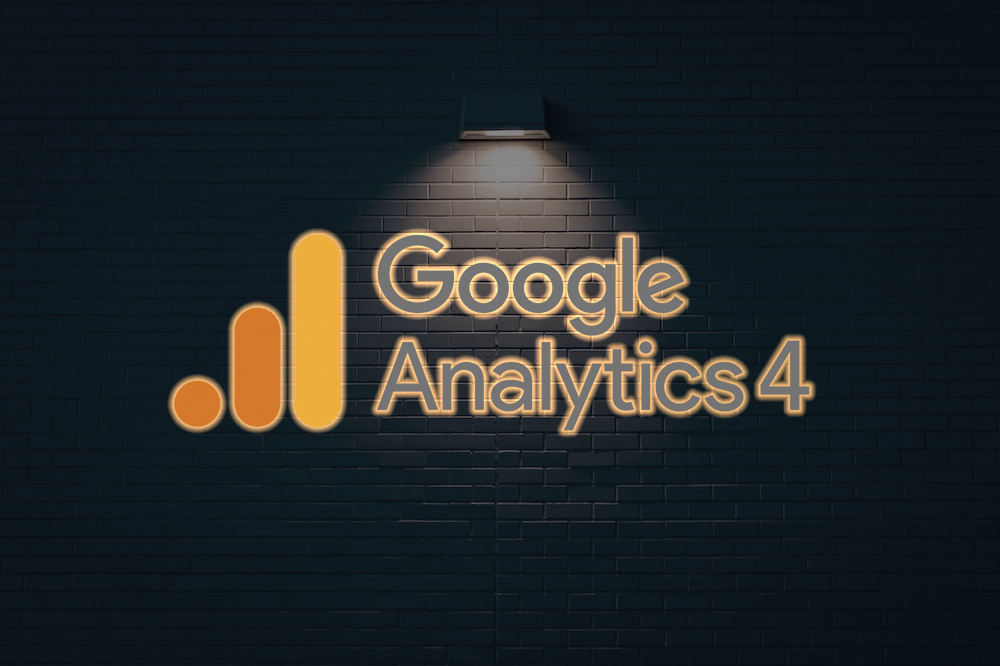What is Google Analytics 4 (GA4)
Google Analytics 4 (GA4) is the latest iteration of Google’s powerful web analytics platform. Introduced in October 2020, GA4 aims to provide businesses with a more comprehensive and flexible solution for tracking and analyzing user interactions across various digital channels. With the rise of mobile and the evolving landscape of online marketing, Google recognized the need for a more advanced analytics tool that could adapt to changing consumer behaviors and privacy regulations.
GA4 represents a significant shift from its predecessor, Universal Analytics, by focusing on event-based tracking and providing a more unified approach to data collection. This new approach allows businesses to gather data on user interactions, such as clicks, page views, video plays, and other custom events, and analyze them in a more granular and insightful manner. The shift towards events provides a more flexible framework, allowing businesses to define and track events specific to their unique business goals.

One of the key advantages of GA4 is its enhanced ability to track users across multiple devices and platforms. With the proliferation of smartphones, tablets, and other internet-enabled devices, users now interact with businesses through various touchpoints. GA4 leverages advanced machine learning algorithms to help businesses stitch together these fragmented interactions and gain a more holistic understanding of user behavior. This cross-device and cross-platform tracking capability is especially valuable in today’s omnichannel environment, where users seamlessly switch between devices during their customer journey.
Feature of GA4
Privacy and data protection have become major concerns in recent years, with the implementation of regulations such as the General Data Protection Regulation (GDPR) and the California Consumer Privacy Act (CCPA). GA4 addresses these concerns by providing businesses with more control over data collection and emphasizing privacy-centric practices. It supports features like data deletion on user request, consent mode to manage user consent preferences, and aggregated data reporting to ensure compliance with privacy regulations.
Another notable feature of GA4 is its integration with Google Ads, making it easier for businesses to measure the impact of their advertising campaigns. By linking GA4 with Google Ads, marketers can gain valuable insights into how their ads are performing and how they contribute to user engagement and conversion. This integration enables businesses to make data-driven decisions about their advertising strategies, optimize their campaigns, and allocate their marketing budgets more effectively.
In addition to its core analytics capabilities, GA4 offers several advanced features to help businesses gain deeper insights into user behavior and optimize their digital experiences. For instance, it introduces a more flexible and robust analysis tool called Analysis Hub, which allows businesses to explore data using advanced segmentation, funnel analysis, and cohort analysis. This empowers businesses to uncover patterns, identify bottlenecks in their conversion funnels, and make data-driven optimizations to improve their overall digital performance.
Moreover, GA4 provides a more intuitive and user-friendly interface, making it easier for businesses to navigate and utilize the platform effectively. The updated interface offers improved data visualization, customizable dashboards, and streamlined reporting options, enabling businesses to access and interpret their data more efficiently. The user-friendly nature of GA4 makes it accessible to a wider range of users, not just data analysts or technical experts, empowering businesses of all sizes to leverage data insights for better decision-making.
App Analytics
Google Analytics 4 also introduces a new approach to tracking and measuring app analytics. With the significant growth in mobile app usage, businesses need a robust solution to understand user behavior within their apps. GA4 bridges the gap between web and app analytics by providing a unified view of user interactions across both platforms. This unified tracking enables businesses to gain comprehensive insights into user engagement, conversion, and retention, helping them optimize their app experiences and drive better results.
As businesses continue to rely on digital channels for their marketing and customer engagement, the importance of robust analytics tools like GA4 cannot be overstated. With its event-based tracking, cross-device measurement, privacy-centric approach, advanced analysis capabilities, and seamless integration with Google Ads, GA4 offers businesses a powerful solution to understand user behavior, optimize their digital experiences, and drive business growth. By leveraging the insights provided by GA4, businesses can make informed decisions, improve their marketing strategies, and deliver better experiences to their customers in today’s dynamic and data-driven landscape.
